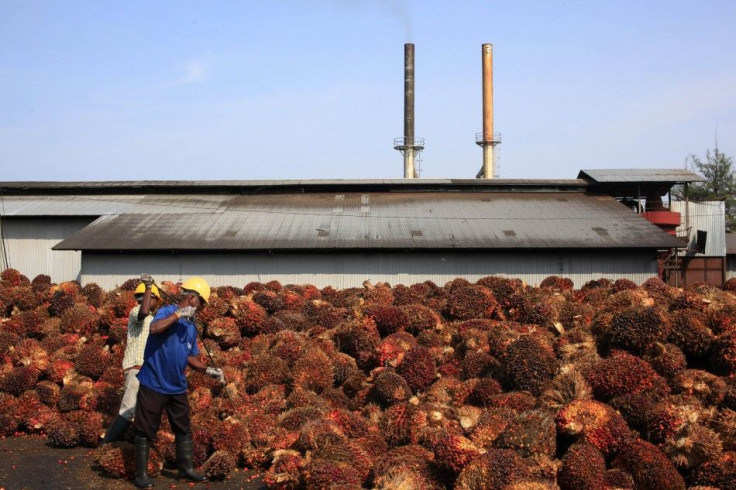Norway’s top oil fund to divest from 4 Asian companies citing palm oil cultivation: Posco, Daewoo in the list

Norway's biggest sovereign wealth fund has decided to divest its stakes from four Asian companies, driven by environmental concerns linked to their palm oil projects in Indonesia. Norway's central bank announced the decision after taking the recommendation from the ethical council and said it would be divesting from South Korean steelmaker Posco, its subsidiary Daewoo International Corp. and Malaysian companies Genting Berhad and IJM Corporation Berhad.
The council said these companies as responsible for environmental damage linked to the conversion of tropical forests into oil palm plantations in Indonesia. The fund held shares worth more than $200 million (AU$272.7 million) in Posco and Daewoo at the end of 2014 and has smaller stakes in the Malaysian companies, reports Associated Press.
The fund wants strict ethical compliance on issues like human rights, weapons production, environment and tobacco. So far, it has excluded more than 60 companies after recommendations from the Ethics Council. There was no response from Posco and Malaysian companies.
Chinese investment
Meanwhile, the Norway sovereign wealth fund said it will be raising its stakes in China unmindful of the vagaries in stock market. The $870 billion fund (AU$1186 billion) said the current sell off and policy shifts from China’s leadership will not affect its long-term view on the second-biggest economy in the world and it will continue to increase investment, reports Bloomberg.
“We’re following the movements there and we see that they are steadily opening and taking steps in the direction of opening up the markets,” said Ole-Christian Bech-Moen, chief investment officer of allocation strategies.
In 2015, the Norwegian wealth fund raised its investments in Chinese A shares to $2.5 billion (AU$3.4billion) from $1.5 billion (AU$2.05 billion). In total, it invested about $27 billion (AU$36.82 billion) in China and Hong Kong by the end of 2014. The recent decision of People’s Bank of China allowing markets to have a greater say in setting the currency’s level had led to huge sell off in 21 years and also shook all global markets.
Meanwhile, former U.S. Treasury Secretary Henry Paulson said Chinese officials will have a tough job in managing the economic slowdown while reforming the markets. Speaking at a conference in Oslo hosted by Norway’s oil fund, Paulson said Chinese President Xi Jinping understands the importance of fixing the economy and has unleashed a massive reform that is now going beyond the realms of economy.
(For feedback/comments, contact the writer at feedback@ibtimes.com.au or let us know what you think below)




















